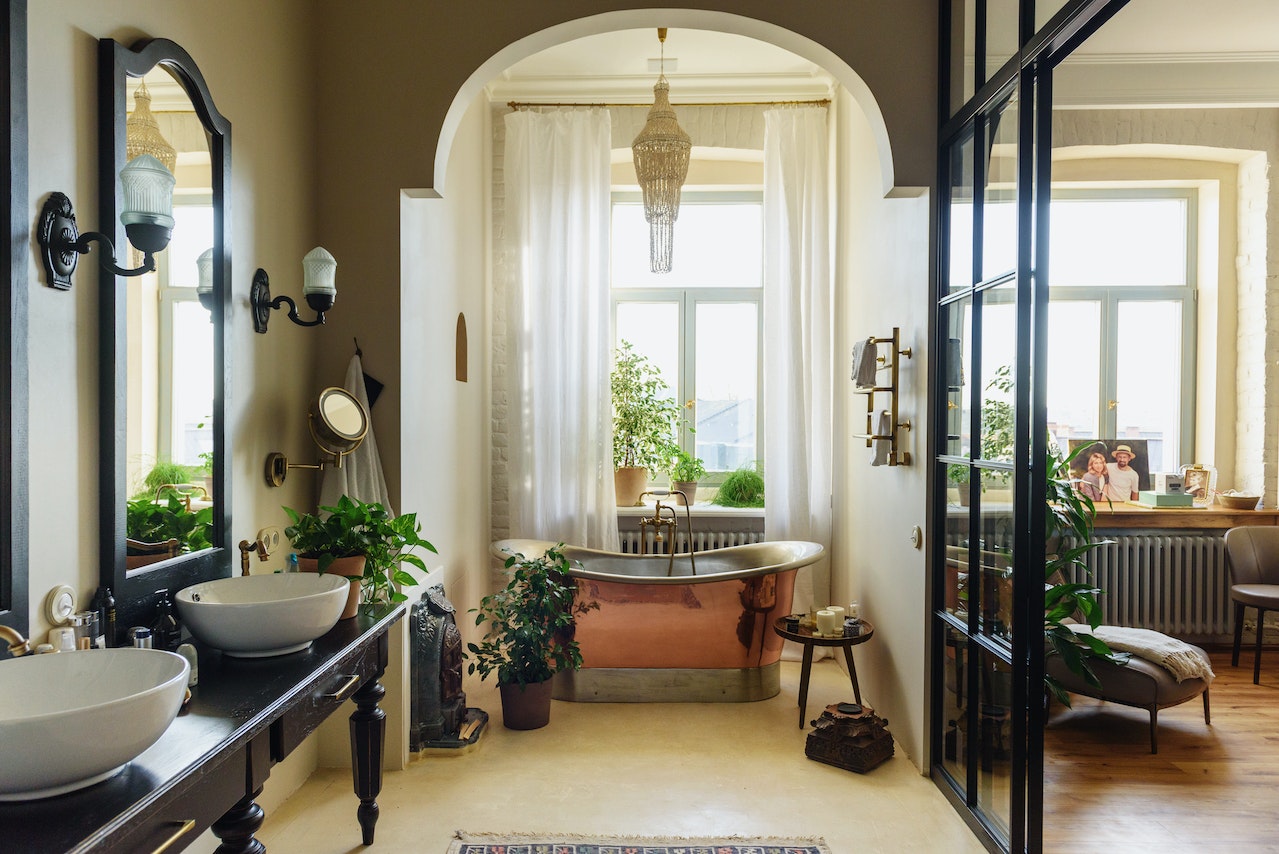

Question: What is the Psychology Behind Effective Home Staging?
Answer: Effective home staging utilizes psychological principles to create a positive emotional response in potential buyers, fostering a sense of connection, comfort, and desirability, ultimately increasing the likelihood of a successful sale.
The Psychology Behind Effective Home Staging – From Mind to Market
As you prepare to put your home on the market, it’s worth understanding the psychology that makes home staging so effective. It’s not just about making a house look pretty; it’s about tapping into buyers’ minds and emotions to make them feel at home.
The Importance of First Impressions
You’ve probably heard the saying, “You never get a second chance to make a first impression.” In home staging, this couldn’t be more accurate. As soon as potential buyers see your home, they start forming opinions. An inviting exterior and well-staged entryway can immediately give a positive impression, making buyers excited to see more.
In contrast, if a home appears cluttered or poorly maintained from the outside, buyers may form negative perceptions that are hard to shake, even if the interior is beautifully staged.
Click here for more infomration about real estate services in Shelburne, Ontario
Related Article: What are the Differences Between Staging Vacant Properties and Occupied Homes?
Related Article: What are Some Home Staging Techniques for Different Property Types?
Creating a Vision: How Staging Helps Buyers See Potential
One of the primary goals of home staging is to help buyers visualize the property as their future home. This can be a challenge when the home is empty or cluttered with personal belongings.
A professionally staged home strikes the balance between lived-in and neutral. It has enough furniture and decor to suggest how spaces can be used, but not so much that it feels personal or cluttered.
The Role of Color in Home Staging
Color can have a significant impact on our emotions and perceptions. In home staging, choosing the right colors can make a home feel more inviting.
Neutral colors tend to be the safest choice as they appeal to a broad range of buyers. However, pops of color can add interest and personality to a space. The key is to choose colors that complement the home and create the right mood.
The Importance of Lighting in Creating Atmosphere
Lighting plays a crucial role in home staging. Good lighting can make a home feel warm, inviting, and spacious, while poor lighting can make it feel small, dingy, and uninviting.
Natural light is always best, so make sure to open curtains and blinds during viewings. For areas with limited natural light, use warm artificial lighting.
Tapping into the Senses: Sight, Smell, and Sound
Effective home staging goes beyond visual appeal. It’s also about creating a space that appeals to buyers’ other senses.
Smell can significantly influence perception, so make sure your home smells clean and fresh. Avoid strong or unusual smells, as they can be off-putting to some buyers.
Sound can also impact the atmosphere. Soft, relaxing music can make a home feel more inviting during an open house.
The Power of Decluttering and Depersonalization
Decluttering and depersonalization are crucial aspects of home staging. Clutter can make a home feel smaller and more chaotic, while personal items can prevent buyers from visualizing the property as their own.
By decluttering and depersonalizing, you create a clean, neutral space that buyers can fill with their own ideas and visions.
The Role of Comfort in Home Staging
Beyond all the elements we’ve discussed, there’s a universal feeling that effective home staging strives to evoke: comfort. When potential buyers walk into your staged home, they should feel an immediate sense of ease, as though they could kick off their shoes, relax, and stay a while.
Cozy throws, plush pillows, and comfortable seating arrangements can all contribute to this sense of comfort. It’s also important to consider temperature; a home that’s too hot or too cold can distract buyers and make them feel uncomfortable.
While comfort might seem like a small detail, it can be the determining factor in making a potential buyer feel at home. And when a buyer feels at home, they’re much more likely to make an offer.
For more information please visit jenjewell.ca
Conclusion
Home staging is a powerful tool in the real estate market. By understanding the psychology behind it, you can use staging techniques to tap into buyers’ emotions and perceptions, making your property more appealing and potentially increasing its market value.
Remember, effective home staging is about more than just aesthetics; it’s about creating a space where potential buyers can see their future home. So, let’s tap into the power of perception and stage your home to sell!


